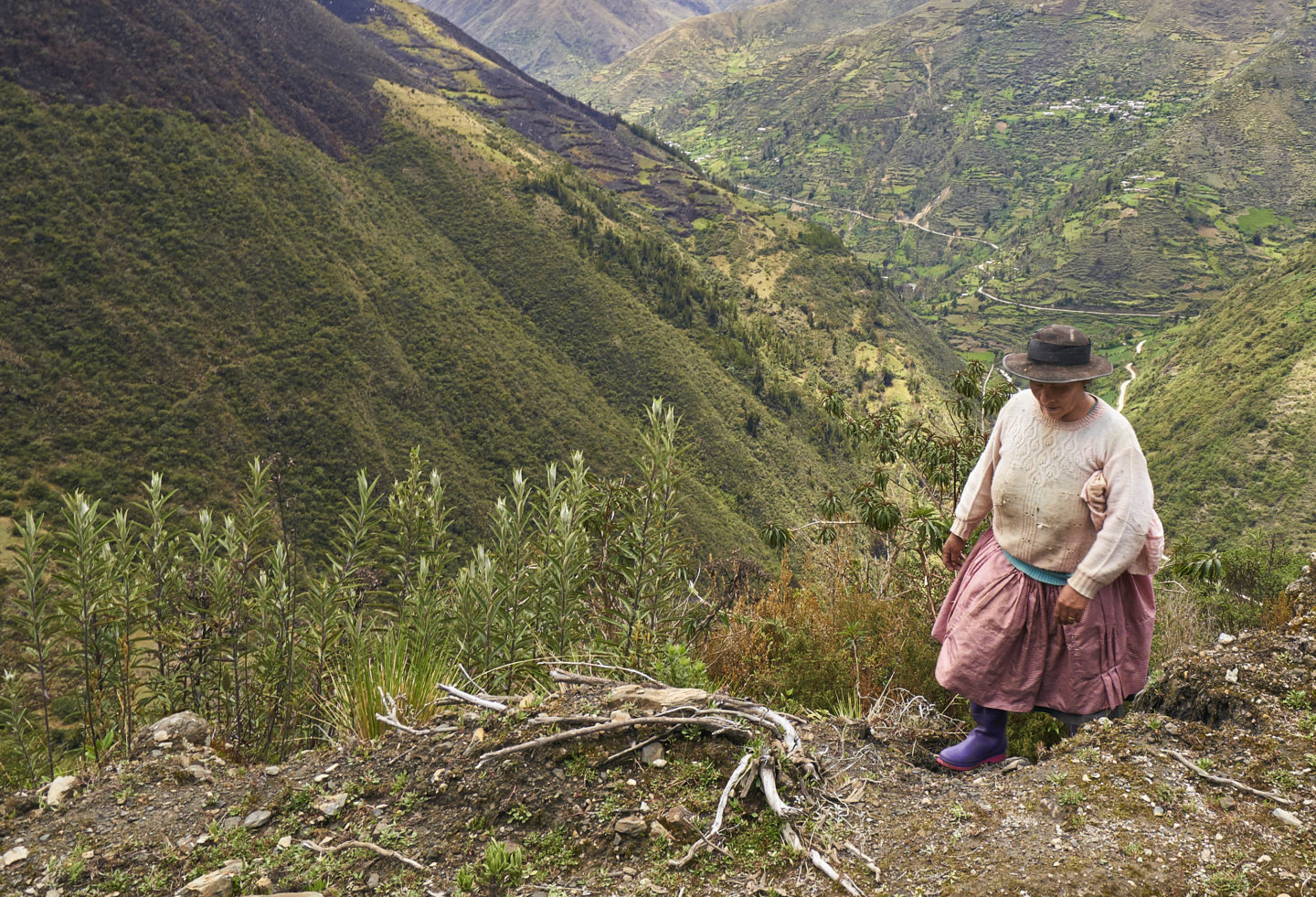During the IMD EMBA Discovery Expedition to Peru, participants met and heard from local social entrepreneurs, including Piñatelli, as well as impact investors such as elea’s CFO Adrian Ackeret to learn about what is required to deliver impact for both investor, startup and local communities. The ultimate goal of the expedition is for our EMBAs to conduct detailed due diligence before pitching investment recommendations on Peruvian social enterprises to impact investors.
“We exist to fight absolute poverty with entrepreneurial means,” Ackeret told EMBA participants. “We believe globalization is an opportunity for people at the base of the pyramid, but we also believe we need to be this intentional type of investor that brings a positive agenda for change.”
“Even if there is strong innovation potential and even if there is strong value add to eventually pay for the innovation, and opens up opportunities for people who live in absolute poverty, it needs a lot of time,” he added. “It needs a system that can really scale and make the average economic cost work, and it needs the integration of many stakeholders that allow for this step-by-step process to happen over time. That is why it needs patient capital.”
In the case of Inka Moss, elea’s investment to support production and management capacity has facilitated additional investment in working capital and helped the Peruvian startup grow rapidly and deliver real impact on the ground. The company has increased incomes by 25% for Andean farmers, with 60% participation among women, and it has injected more than two million dollars into more than 130 remote communities. At the same time, 15,000 hectares of moss habitat – which would have been under threat from burning by potato farmers – has been protected. Inka Moss is now targeting a much larger share of the global market as well as further institutional investment.
While Inka Moss is a positive example of what can be achieved through impact investing, it is also a reminder that a gap in the market and investment capital is never enough to ensure that social enterprises succeed and investment goals are met.
In fact, elea’s careful approach to its Peruvian investment teaches us three important lessons when it comes to due diligence and how to choose the right partners for impact investing.






